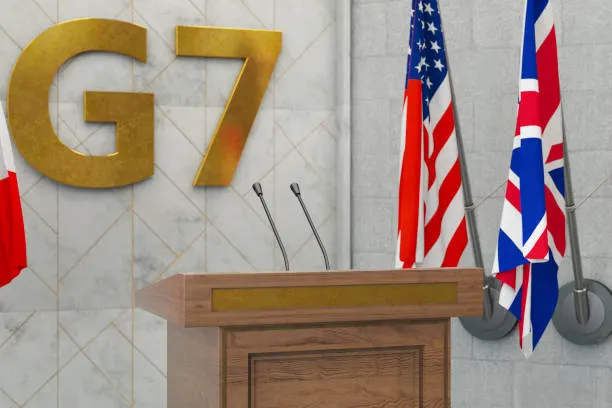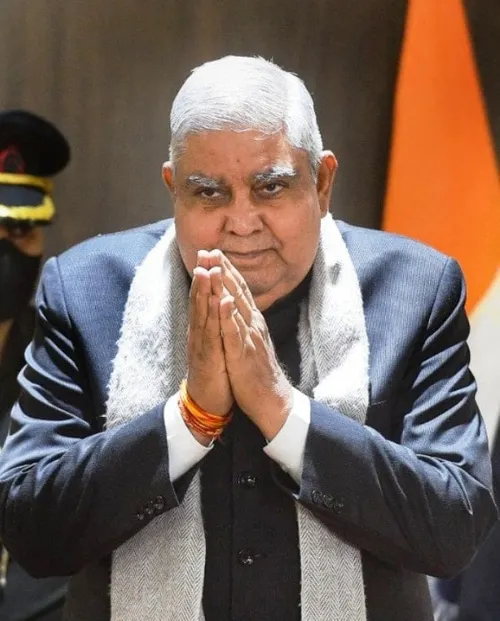The recent invitation extended to Indian Prime Minister Narendra Modi to attend the G7 Summit in Canada has sparked significant interest in diplomatic circles. Mark Carney, the former Governor of the Bank of England and a key advisor to Canadian Prime Minister Justin Trudeau, played a pivotal role in this decision.
In this blog, we explore:
✔ Why was PM Modi invited to the G7 Summit?
✔ Mark Carney’s perspective on India’s global role
✔ Key discussions involving India at the summit
✔ Implications for India-Canada relations
Let’s delve into the details.
Why Did Mark Carney Advocate for PM Modi’s G7 Invitation?
The G7 (Group of Seven)—comprising the US, UK, Canada, Germany, France, Italy, and Japan—is an exclusive forum of advanced economies. India, though not a member, has been invited as a “guest country” multiple times, reflecting its growing geopolitical and economic influence.
1. India’s Rising Economic Power
- India is the world’s fastest-growing major economy, projected to surpass Japan and Germany in GDP by 2027.
- As a key player in global supply chains, India’s participation is crucial for discussions on trade, technology, and climate finance.
- Carney emphasized that India’s digital economy (UPI, Aadhaar, fintech innovations) offers lessons for G7 nations.
2. Strategic Counterbalance to China
- The G7 seeks to reduce dependency on China for manufacturing and critical minerals.
- India, as a democratic alternative, is seen as a vital partner in trade diversification.
- Carney highlighted India’s role in the Indo-Pacific strategy and Quad alliance (US, Japan, Australia, India).
3. Climate Change & Renewable Energy Leadership
- PM Modi’s Panchamrit commitments (net-zero by 2070, 500 GW renewable energy by 2030) align with G7 climate goals.
- India’s International Solar Alliance (ISA) and green hydrogen mission were key discussion points.
- Carney, a UN Special Envoy on Climate Action, stressed India’s role in global decarbonization efforts.
4. Geopolitical Stability & Ukraine Conflict
- India’s neutral stance on the Russia-Ukraine war makes it a crucial mediator.
- The G7 hopes India can help broker peace talks while balancing ties with Russia and the West.
Key Discussions Involving PM Modi at the G7 Summit
1. Trade & Technology Partnerships
- India-Canada Free Trade Agreement (FTA) progress was discussed.
- Collaboration on semiconductors, AI, and cybersecurity was emphasized.
2. Climate Finance & Green Investments
- Carney proposed greater G7 funding for India’s energy transition.
- Discussions on sustainable infrastructure and carbon credit markets took place.
3. Global Health & Pandemic Preparedness
- India’s pharmaceutical strength (vaccine diplomacy during COVID-19) was acknowledged.
- Plans for joint research on future pandemic responses were explored.
Mark Carney’s Vision for India-Canada Relations
Carney, a respected economist and policymaker, has long advocated deeper ties between Canada and India. His reasons include:
1. Strengthening Economic Ties
- Bilateral trade (~$10 billion) has room for growth, especially in clean energy and tech.
- Canada’s pension funds (CPP, CDPQ) are keen to invest in Indian infrastructure.
2. Leveraging Indian Diaspora in Canada
- 1.8 million Indian Canadians contribute significantly to the economy.
- Easier mobility agreements and skilled migration pathways were discussed.
3. Aligning on Climate Goals
- Both nations aim for net-zero emissions and seek collaboration on hydropower and EVs.
Implications of PM Modi’s G7 Participation
Positive Outcomes:
Enhanced global stature for India as a key G7 partner.
Increased FDI and technology transfers from G7 nations.
Stronger India-Canada relations post recent diplomatic strains.
Challenges Ahead:
Balancing ties with Russia & the West remains tricky.
Trade disputes (e.g., agricultural tariffs) need resolution.
Conclusion: A Strategic Move by Mark Carney
Mark Carney’s push for PM Modi’s G7 invitation underscores India’s rising influence in global economics, climate policy, and geopolitics. This move not only benefits Canada-India relations but also strengthens the G7’s engagement with emerging economies.
As India continues to play a pivotal role in global governance, such collaborations will shape the future of trade, climate action, and tech innovation.
What do you think of India’s growing role in the G7? Share your views in the comments!
(Sources: G7 Official Statements, Reuters, UN Climate Reports, Indian Ministry of External Affairs)
Sourashis Chanda brings readers their unique perspective on Business, Economy, Health and Fitness. With a background in Health and Physical Fitness of 2years, I am dedicated to exploring [what they aim to achieve with their writing, on the sustainable Economy of the country, various pro tips about business, latest goverment news, with some tips in health are and Fitness.







